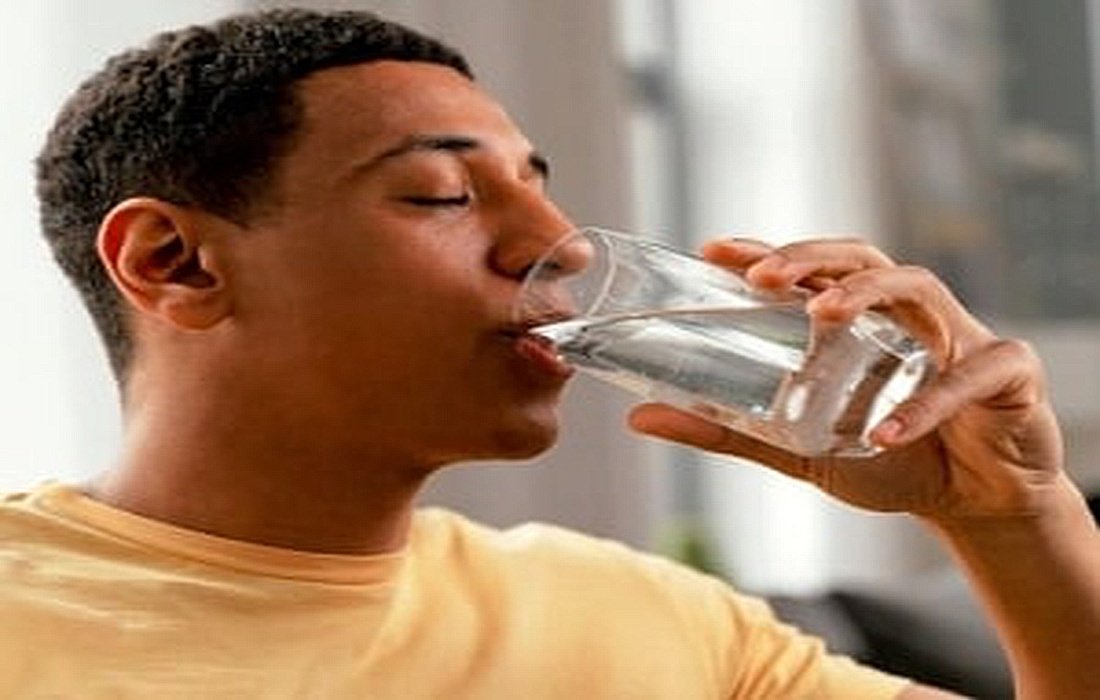Severe thirstWhat is polydipsia and why does it occur?
Polydipsia is the medical term for excessive thirst, often recognized as an early symptomof diabetes.Feeling thirsty, especially after intense exercise, is natural. It is crucial for individuals to drink the recommended amount of water daily to maintain normal bodily functions including regulating body temperature and regular waste removal. However, if you still feel thirsty after drinking or constantly feel thirsty, it could indicate an underlying issue with your body.
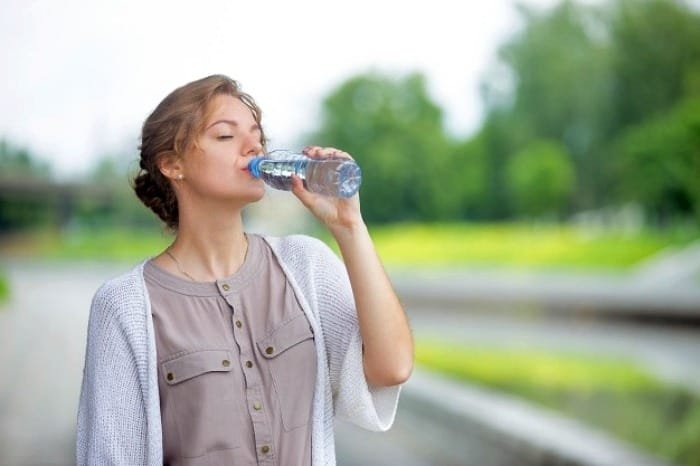
It’s important to note thatAlzheimer’sis not a disease on its own but a key symptom of other medical conditions like diabetes. Polydipsia is one of the symptoms of diabetes, particularly in its early stages. Diabetics often struggle to digest glucose (sugar) in the blood, leading to high blood sugar levels. Whenblood sugaris elevated, people feel thirsty.
Based on underlying causes, there are different types. Some causes are psychological, while others are physical.
- Muscle cramps
- seizuresthat are sudden and unexplained
- headaches
- feelingsdizziness
- feeling confused
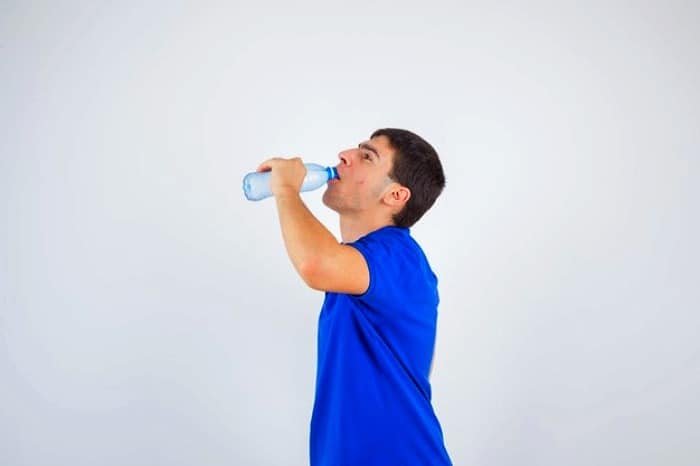
Types of polydipsia or thirst
Primary polydipsia:
This type of polydipsia is caused bystressfatigue,anxiety,or any other mental health issues likeschizophrenia.Compensatory polydipsia:
Occurs when antidiuretic hormones decrease in the body, leading to frequent or excessive urination.
Medication-induced polydipsia:
This condition arises when polydipsia occurs due to certain vitamins, supplements, and medications such as diuretics, corticosteroids, and
vitamin K.
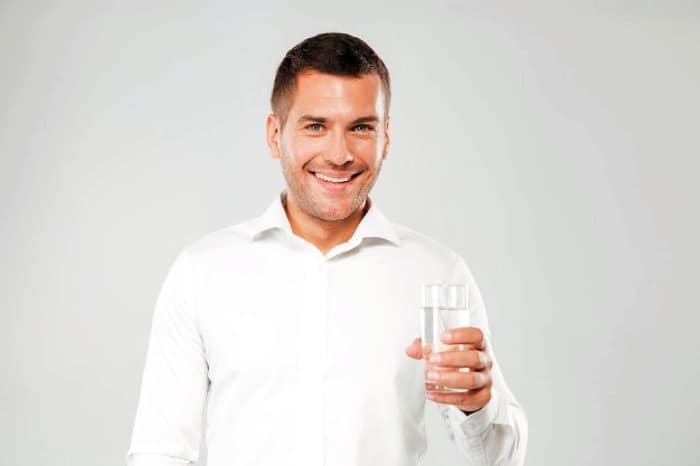
1) Dehydration:
One of the most common reasons for polydipsia is not drinking enough water throughout the day. When you sweat a lot and consume energy drinks like
coffee,green tea,orblack tea,the body seeks more water to replace lost fluids. Dehydration causes polydipsia because there is not enough water in the body.2) Polyuria:One medical condition where a person has a lot of urine is called “polyuria.” This condition is also seen as a cause of polydipsia.
3)
Salty foods and medications:
Overeating salty foods in the diet can lead to polydipsia. Medications like corticosteroids and diuretic pills can make you feel thirsty all the time.4) Acid-base imbalance:Acid-base imbalance in the body leads to a deviation from the normal plasma pH level in the blood, resulting in extreme thirst. Such conditions can sometimes lead to dehydration as people drink excessive amounts of liquid to quench their thirst and can then end up with polyuria.
5) Hypokalemia (
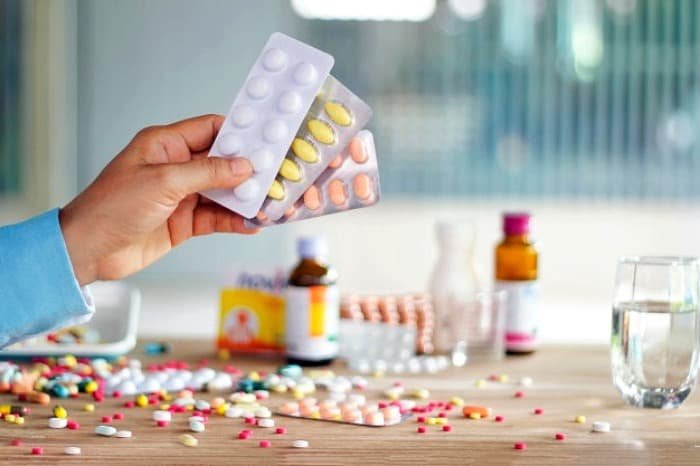
low potassium):
When hypokalemia or low potassium is present in the blood, kidney function can be harmed, leading to polydipsia and polyuria. It can also be caused by
low blood pressureandconstipation.
6) Stress and anxiety:Stress, anxiety, and tension can drive people to drink excessive amounts of water.7) Acromegaly:Acromegaly is a hormonal disorder characterized by excessive production ofgrowth hormone.
Polydipsia is one of the symptoms of acromegaly.
8)
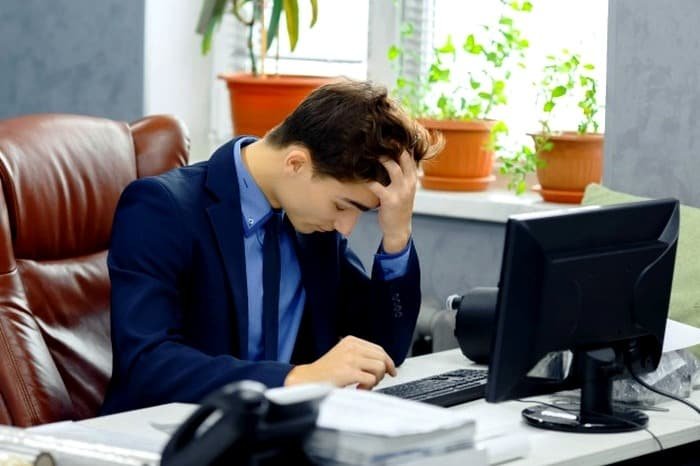
Loss of appetite:
Polydipsia can also be triggered by anorexia nervosa, an eating disorder. When people have this disorder, they typically refuse to eat properly because they believe it will cause them to gain weight. This method is also a way to feel hungry and a major reason for it.9) Diabetes:Diabetes is considered an early symptom of diabetes. As previously mentioned, when blood sugar levels rise, people become thirsty regardless of how much water they drink. This condition is called diabetes.
On the other hand, diabetes is a condition where the body’s fluid levels become imbalanced, leading to excessive thirst and urination.In addition to the factors mentioned above, the following can lead to severe thirst or polydipsia:vomiting
excessive sweating
significant blood loss
anemia
sickle cell
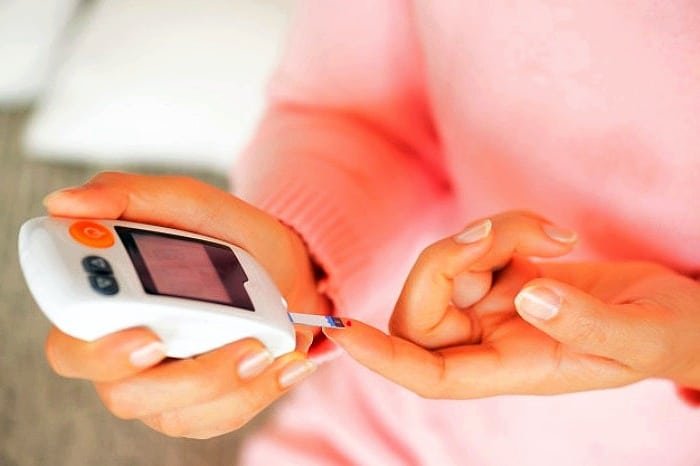
Cushing’s syndrome
- hyperparathyroidism
- changes in weather conditions like hot and dry climates.
- Signs of polydipsia:
- One known sign of polydipsia is intense thirst, even after consuming a beverage.Frequent urination with more than 5 liters of urine daily.
- Feeling dryness in the mouth even after drinking water.
- Nighttime urination or
- bedwetting.
Symptoms of polydipsia due to diabetes include:
- sudden weight loss
- wounds and infections take a long time to heal.
- frequent infections
- blurry vision.constantly feeling hungry.
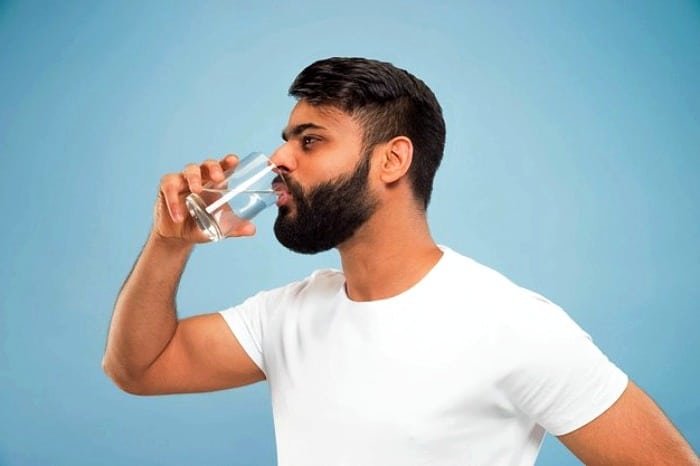
feeling tired or weak, getting fatigued very quickly.
- Nevertheless, individuals are advised to drink water according to their body’s needs. However, excessive drinking can lead to another condition known as “water intoxication,” which is also referred to as “water poisoning.”
- This condition typically arises when a person drinks a lot of water, leading to dilution of sodium in the blood, ultimately resulting in low sodium levels, a condition called hyponatremia.
- When to see a doctor for severe thirst?
- Symptoms
- of depression
- are often mistaken for other medical issues. Sometimes, individuals who feel thirsty for just a temporary period may misinterpret their condition with uncertainty. Take care of yourself and monitor the duration of your thirst. Before consulting a doctor, answer the following questions:
In a day, how much thirstier do you feel compared to before?
When you feel thirsty, are there other symptoms?
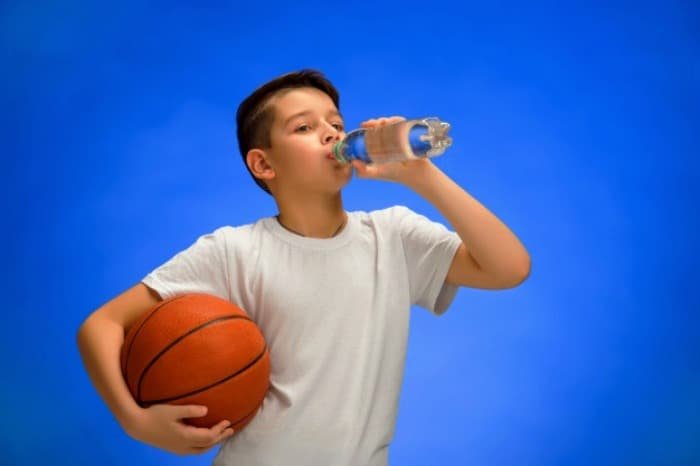
When do you feel thirsty? Does it happen after specific activities?
Even after drinking at least two liters of water daily, do you still feel thirsty?If the condition is temporary, there is no need to worry. However, if this issue persists for a long time, where your severe thirst lasts longer periods without changes according to your activity or water intake, it is time to visit a doctor for further checks and treatment.Diagnosing polydipsia:
- When you visit a doctor, they will conduct a physical examination along with asking questions about the symptoms you have experienced. The doctor may ask the following questions:
- Do you have trouble sleeping?
- How much water do you drink in 24 hours?
- Do you have headaches?
Do you urinate frequently?
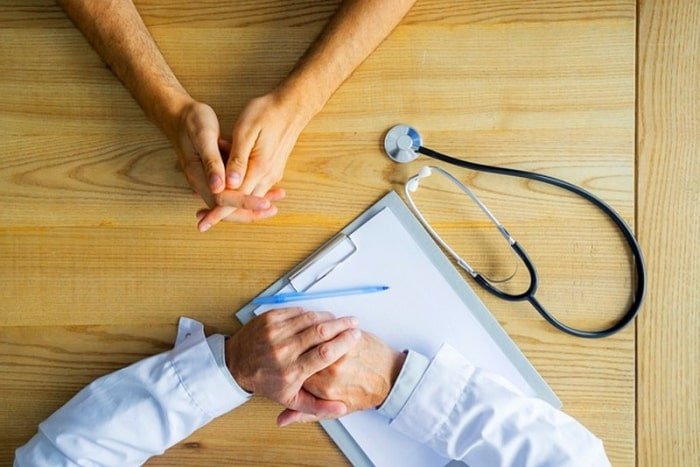
Do you often feel the urge to urinate even after drinking small amounts of water?
In addition to the physical examination, the doctor may also request the following laboratory tests:
- Blood tests
- Urinalysis
- Fluid deprivation test
- Kidney function test
- Blood sugar test for diabetes and kidney issues.
Treating severe thirst:
- Treatment for this condition is based on the exact cause of the illness. Depending on the causes, a doctor can provide a better approach to treat the condition. If your doctor believes that the cause of polydipsia is diabetes mellitus, medications will be prescribed to control blood sugar levels.
- Along with medications, the doctor may also prescribe regular insulin injections. A proper dietary plan will be created and recommended to help you eat and drink better. Following a diabetic diet helps you manage the symptoms of diabetes. The doctor may also recommend some light exercises to keep you healthy.
- If the doctor suspects
- diabetes insipidus, proper water intake is advised. Some medications will be prescribed to manage symptoms. Desmopressin is prescribed, available in both pill and injectable forms.
- If the cause of the condition is a mental illness like lifestyle changes, stress, ongoing feelings of
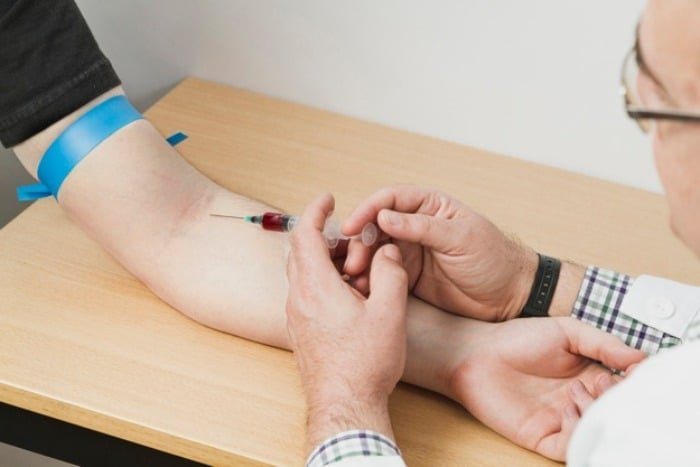
anger,
or fatigue, the doctor may recommend a therapist to help you cope with such feelings.If the cause is mental health-related, which is different from psychological conditions, the doctor will suggest cognitive-behavioral therapy. In this type of therapy, the individual becomes more aware of what is happening in their environment and any personal triggers that increase the desire to drink more water. CBT also teaches the individual how to manage such feelings.Preventing severe thirst:
Often, polydipsia can be managed and successfully treated once the exact cause has been identified. Engaging in regular exercise alongside a better diet is strongly recommended.
If you are uncertain about your condition, it is best to consult a doctor. You will be guided on how to better manage your symptoms and treated to prevent further complications.Excessive thirstReasons for severe thirst
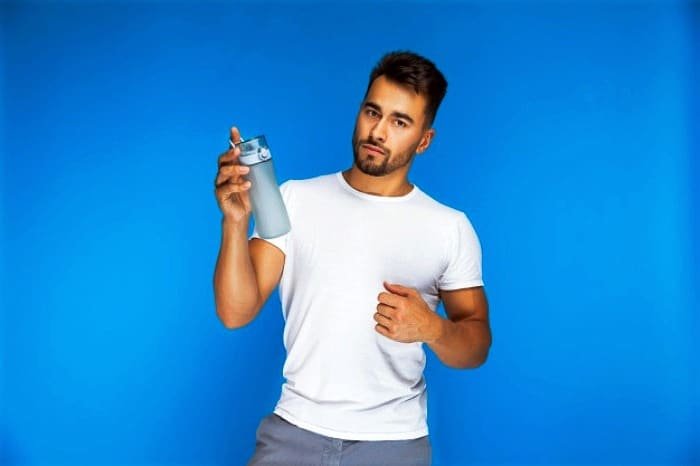
Types of thirstCauses of excessive thirstSevere thirstCauses of severe thirstMedications
The effect of medications on thirst and drinkingStressStress as a factor contributing to thirst
Diabetes disease
Relief for diabetic thirst
Polydipsia



